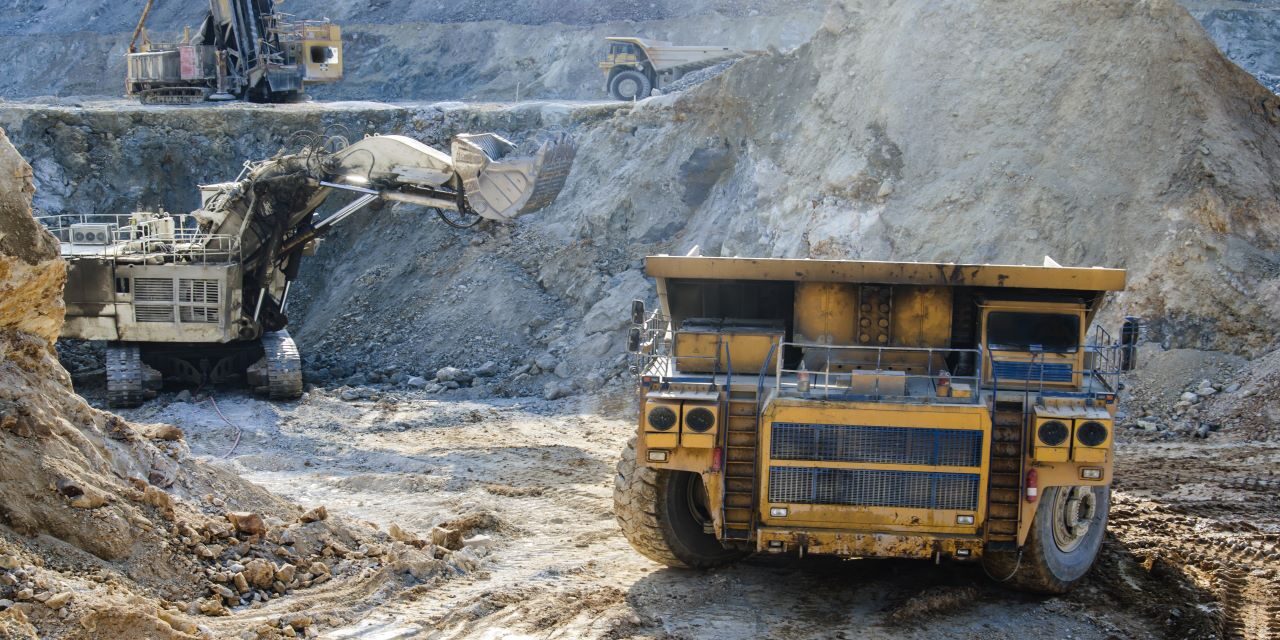Private and public-sector led mining activities across Africa are prioritizing sustainable techniques in projects deployment for environmental sustainability, social responsibility and good business practices.
With the continent maximizing exploration and production of its vast extractive resources including critical minerals such as lithium and cobalt to shape the global energy transition and drive economic growth, sustainability has become a standard.
Sustainable Mining Techniques and Land Management
While traditional mining techniques such as open pit and underground mining have significant impact on the environment and land with mining sites, new alternatives such as in-situ leching are enabling projects to reduce land disturbances and environmental impact. By employing modern mining mechanisms and advanced land rehabilitation techniques including afforestation, project operators are able to reduce soil erosion and vegetation disturbance. Furthermore, the re-use of mining waste – including of tailings, rocks and wastewater – in building mining infrastructure, dust suppression and for agriculture purposes present opportunities for mines to ensure effective land and waste management and to enhance environmental sustainability.
Automation
While the majority of mining processes including exploration have been conducted using manual techniques, the emergence of advanced technologies such as machine learning, artificial intelligence, cloud computing, the internet of things, robotics and digital twins can advance process automation within Africa’s mining industry resulting in simplified and smart mining operations with less impact on the environment, land and workers. Africa has some of the world’s deepest mines and digital twins can help miners to open sites digitally and securely and in the process reduce land degradation while enhancing worker safety.
Clean Energy Adoption
As one of Africa’s most energy intensive industries, the mining sector has the potential to drive the continent’s energy transition and clean energy adoption for energy security and lower emissions. While mining companies including Anglo American, Sibanye-Stillwater, Gold Fields, Harmony Gold and Impala Platinum have vowed to expand renewables penetration with large-scale projects in South Africa – Africa’s mining sector remains an untapped renewable energy potential capable of ensuring energy security at mining sites and across national grid networks.
Transport Decarbonisation and Electrification
The push by mining firms to replace diesel and petrol-powered engines and vehicles with low-carbon and electric vehicles will play a crucial role in helping the mining industry to reduce carbon footprint. Anglo American, for instance, has launched a 2 MW hydrogen-battery hybrid truck at its Mogalakwena Platinum Group Metals (PGMs) mine in South Africa as part of the company’s FutureSmart Mining program which aims to replace the company’s 40 diesel-powered fleet with green hydrogen systems and ensure that eight of the company’s mines reach carbon neutrality by 2030.
Addressing Illegal Mining
Illegal mining disregards national, regional, and global environmental sustainability and mining standards. Conversely, legal mining practices play a crucial role in land and environment management, poverty alleviation, and employment generation within local communities. Furthermore, legal mining contributes significantly to a country’s gross domestic product growth.
![]()




